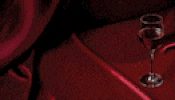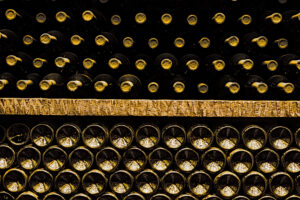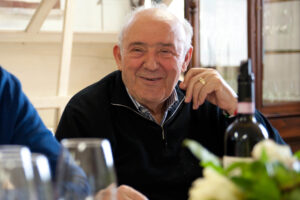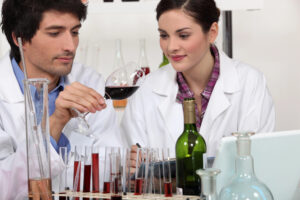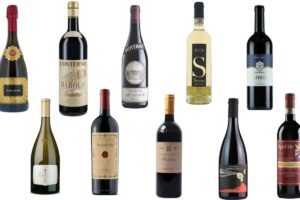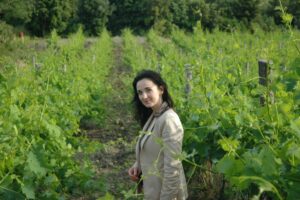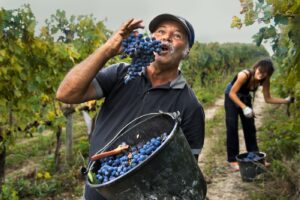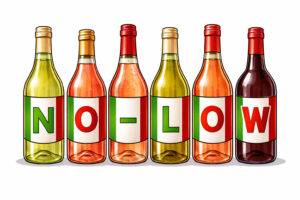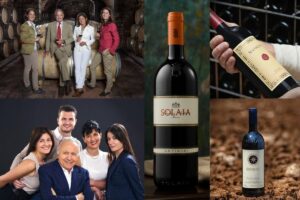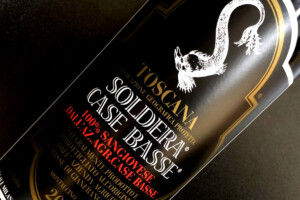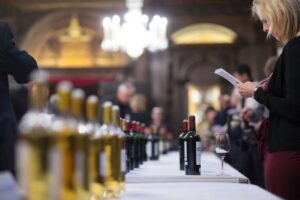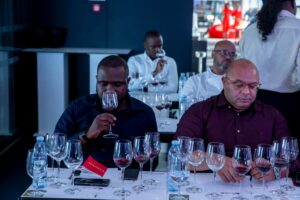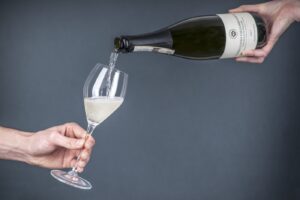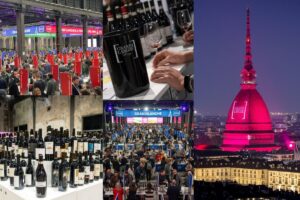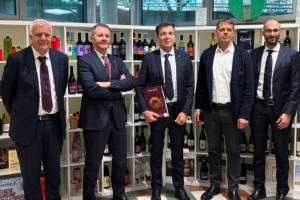“Some may find it strange to talk about the relationship between the wine industry and climate change” explained Kofi Annan, “even though the effects of this phenomenon are influencing every aspect of our lives”. The former UN Secretary General participated in the “Climate Change & Wine Conference”, organized by the Wine Academy of Spain.
The Ghanaian diplomat said that “the cultivation of grapes is particularly vulnerable to the effects of climate change” and that the wine industry “is particularly concerned about these effects and their impact on crop production and costs”. Annan stressed, “far from being limited to the consequences on the environment, climate change is a global threat, which can cause billions of dollars in damage, natural disasters and the destruction of ecosystems. Many forests and hydrological systems are already disappearing and climate change,” he concluded, “could also prove a threat to peace”. The former UN diplomat therefore invited “the private sector to intervene, to avert this danger, and not leave the initiative in the hands of governments and international organizations only”.
This is the third edition of the Conference on Climate Change in Marbella (April 13th-14th). (The first edition was in 2006, the second in 2008, featuring Al Gore as “guest of honor”). This year there was an intense program of discussions and round tables. Experts from around the world met to discuss this burning, it is the appropriate word to use, problem that has become very critical in vineyards around the world. The winemaker Riccardo Cotarella, consultant and professor of enology at the University of Tuscia in Viterbo and the journalist Daniel Cernilli, former editor of Gambero Rosso and one of the most important experts on tasting in Italy, were the representatives for Italy.
From 1950 to today, most of the important quality wine-producing regions have recorded a growing trend of warming of the seasons, and the effects have gradually revealed problems that are no longer avoidable, especially concerning alcohol content control. Cotarella says, “Italy is without a doubt one of the countries most affected by this phenomenon. It is obviously also a global phenomenon that negatively impacts primarily vine varieties that mature early and, paradoxically help the ripening of grapes like Sangiovese or Montepulciano, while on the whole it benefits white wines”. The wine maker’s opinion on possible remedies to halt the effects of global warning on wine tends to be quite sharp-edged: “on one hand we want the so-called natural wines and on the other, we try to prevent natural events from having an impact on wine”. The risk of an excessive increase in the degree of alcohol content, which is the main problem, cannot be managed by dealcoholizing wine. According to the winemaker, “it is an operation that leaves an indelible and negative mark on dealcoholized wines. At best it is a technique that may be fine for wines in bags, but it is definitely not for great wines”.
What can be done? “One solution might be found in the vineyard,” continued Cotarella, “but it is certainly not adopting the American or Australian method of adding water to wine, because the addition of water or, worse yet, dealcoholization, are the wrong remedies. We are witnessing a true reversal of our technical convictions: northern or eastern exposure areas that were previously considered to be not very suitable are now beginning to be interesting. The spurred cordon is no longer the preferred cultivation system. Perhaps now it will be Guyot, which offers more shade to the grape clusters. Producing fewer bunches of grapes per plant will probably have to be applied in special cases, and defoliation before harvesting will be limited. In the University where I teach, we are experimenting with a treatment based on pine resin”, concluded Cotarella, “that will protect the cluster at the last stage of ripening on the plant, slowing the action of ultraviolet rays. Solutions will not come from the cellar and I hope that technological development will offer acceptable methods to limit alcohol content, but so far they are not forthcoming”.
Among the speakers at the conference in Spain were: Agustín Santolaya, Manager of Bodegas Roda; Albert Bordons, Professor of molecular biology at the University of Tarragona; Alfonso de Salas, co-founder of El Mundo; Carlos Falchi, winemaker of Marqués de Griñon; Claude Bourguignon (INRA); Cristian Rodriguez Larrain, export manager of Vina Emiliana; David Furer, editor of Sommelier Journal Magazine; Dominique Moncomble, technical director of the Interprofessional Committee of Champagne; Fernando Zamora Marín, Professor of enology at the University of Tarragona; Greg Jones, climatologist; João de Lima, General Manager of the Climate Project Spain foundation; José Ramón Lisarrague, Professor of viticulture at the University of Madrid; Juan Park (Wine Intelligence); Michel Remondat, Manager of Vitisphère; Mireia Torres, Technical Director of the winery; the winemaker Nicolas Joly; Patrick Spencer, Manager of Cork Forest Conservation Alliance; Pau Ferrer Alegre, Professor of biotechnology at the University of Barcelona; Paul Symington, Manager of Symington Family Estates; Richard Siddle (Harpers Wine & Spirit); Steve Smith, Vice-President of Constellation Wines and Pancho Campo, the first Spanish Master of Wine, that organized the conference.
Copyright © 2000/2026
Contatti: info@winenews.it
Seguici anche su Twitter: @WineNewsIt
Seguici anche su Facebook: @winenewsit
Questo articolo è tratto dall'archivio di WineNews - Tutti i diritti riservati - Copyright © 2000/2026

